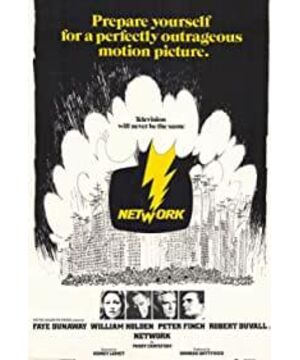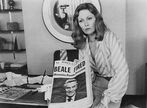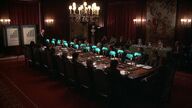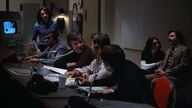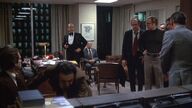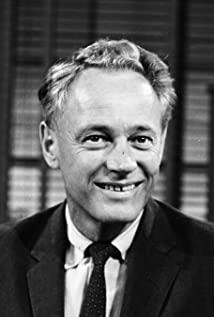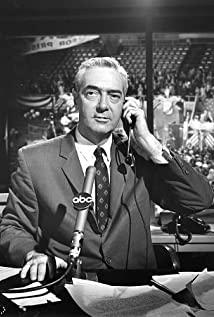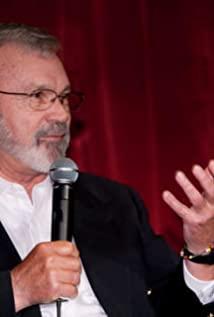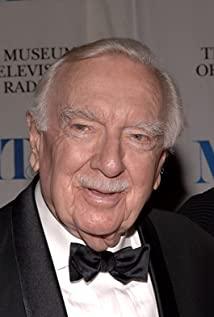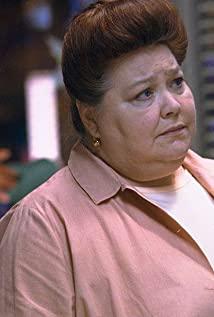The TV station in "Network" is just as crazy as the audience. The TV station broadcasts grandstanding programs in order to survive; The audience also accepted all the orders, which made the ratings soar. The causal relationship between the two is as hard to tell as "which came first, the chicken or the egg". However, this is too pessimistic and underestimates the wisdom of the people. The fate is in our hands (that remote control)! Just as Howard is popular because he speaks to the hearts of the people in the film, when he retorts later, the ratings immediately drop. When a TV station broadcasts a program that the audience does not like, agree with, or accept, it will naturally change the channel and use action to protest and boycott. The film's distrust of the democratic system has actually been seen as fake as early as director Sidney Lumet's previous work "Twelve Angry Men" (only the protagonist is sober in a jury of 12).
The film did not inspire me much, mainly because it was limited to time and region: the economic depression in the United States in the 1970s, the fear of communism during the Cold War, the oil crisis, all of the above are in the past; Foreigners unfamiliar with American TV (which delights in humiliation, empty and vulgar reality shows, politically oriented Talk Shows, etc.) also have difficulty resonating. Moreover, there is a huge disparity in the strength of the TV station market in Hong Kong. TVB broadcasts those mindless teacher dramas all day long, which is enough to earn inertial ratings. There is no need to infiltrate so many political elements as in the United States, and it is not as good as Taiwanese reporters and gangsters. (It's exactly like the one in "Network"!) and the fake news incident in Beijing (but I think there is a good chance that the CCP will find a scapegoat... maybe it's fake).
On the contrary, the ecology of Hong Kong Text Media is even worse. Except Ming Pao and Apple Daily, all the newspapers are scrambling to lick the eyes of those in power, but this is only because Apple is owned by foreign investors in Taiwan. And this has led to the same bias at Apple, but in the opposite direction. As mentioned in "Network", the person who invests the capital often plays a decisive role in the orientation of the entire company.
View more about Network reviews


